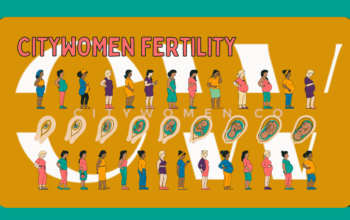
March 14, 2020 at 05:00PM by CWC
Picture this: You’re diligently working through your ab exercises (which is a feat in itself), but you’re noticing that your core doesn’t feel like it’s getting any stronger. What gives? There’s a high chance that other muscles are overcompensating, which can wreck best intentions of getting in a solid abs workout. To combat this, we asked a trainer to explain how to engage your core correctly so that it can get stronger each sweat sesh.
“When you’re doing core workouts, different muscle groups tend to overcompensate depending on the exercise,” says Autumn Calabrese, celebrity fitness trainer. This can also happen if you happen to be tired, if your core is weak, or if you’re doing the move with improper form (form is so important, y’all).
The major culprits that tend to take over the job of your core are your neck, lower back, and hip flexor muscles, she says. “Your neck muscles can overwork when people grip there,” says Calabrese. If you’ve ever noticed your neck tense up in ab work, that’s it. “Instead of using the core muscles to crunch or stabilize, people with a weak core will grip in their neck and pull on the back of it to assist in the movement,” she says, noting that this often leads to tightness and pain in your neck.
Lower back muscles can easily overcompensate in ab workouts, too. “Your lower back muscles kick in if your core muscles get tired, or if your lumbar spine isn’t in proper alignment during the exercise,” says Calabrese. “Think of your lower back arched instead of pressed into the ground.” Feeling lower back pain or tightness after core work is a sign that this is happening.
ADVERTISEMENT
ADVERTISEMENTKate Spade Autumn/Winter Sale |
Another common muscle group that’s hogging the spotlight is your hip flexors (and even your glutes). “Sometimes hip flexors do some of the work if you’re doing lower body work like leg lifts,” says Calabrese. “When the core is weak, the hip flexors as well as the glutes tend to take over in supporting you.” She adds that tight hip flexors can then pull your pelvis out of alignment, causing strain on the lower back (a domino effect of body woes). “A weak core can also lead to over-engagement of the glutes, which can also pull on the lower back,” she says.
Here’s what to do if any of the above scenarios is happening: First of all, pause. “The core muscles are fatigued or not engaged properly,” says Calabrese. “Rest for a minute or two and then try a few more reps.” As for how to engage your core correctly, make sure to draw your bellybutton in towards your spine and avoid arching your lower back, and be sure to breathe as instructed in your exercises. Then you can get down to your ab-strengthening business as planned.
Try this at-home core workout for yourself:
Also useful: Here’s how to properly engage your core when working out your upper body (which is also important). And this is how to do a plank while activating all of your muscles.
Author Rachel Lapidos | Well and Good
Selected by CWC
ADVERTISEMENT
ADVERTISEMENTSports Direct Free Delivery on All Orders! |

ADVERTISEMENT
ADVERTISEMENTUp to 30% off Gift Sets |







